My suitcase wasn’t even unpacked from my maternal grandmother’s funeral when I got the call about my dad’s mom: “Grandma has been in bed all week. We’re driving down tomorrow to say goodbye.”
I do realize the extravagance of this gift I’ve been given, having grandparents I’ve known into adulthood. I feel almost guilty grieving these losses, like someone in Hawaii complaining about the winter.
And yet grief is so rarely a rational animal. There is little comfort in comparing wounds, no balm in “at-leasting” them. At least I had her so long. At least she went peacefully. At least she’s no longer suffering. It may be true, but it does little to erase the loss.
Grandma celebrated her 102nd birthday this summer, but her mind remained as bright as ever. Whenever I visited, I perused the books on her end table: mysteries, historical fiction, chunky nonfiction titles. As I listened to her delineate the tactical strategies from her recent World War II read, I found myself shaking my head, hoping to be as well read when I grow up.
Books are, after all, how she and I became friends. I knew her as my grandma my whole life, of course, but with twelve children and a gaggle of grandchildren, she always had a lot of voices clamoring for her attention.
One summer when I was in junior high, we went to her and Grandpa’s condo to swim, and she noticed the copy of Anne of Green Gables under my arm. I told her about Anne, the book’s spunky red-haired heroine. Before long, I was passing along the entire series to her (and eventually to Grandpa too) when I finished each one. As we had our own informal book club over the course of eight books, I realized how much of Anne I saw in my grandma: both were gingers who had lost parents young and had come out resilient (and a little fiery) on the other side. Both were lovers of literature who got an education at a time when not many women did. Both took a legacy of loss and wrote a redemptive story for the generations after them.
Grandma’s story could have been a book itself. I think about the vignettes I’ve heard over the years—how she met Grandpa in college just before the war, how she waited and prayed for his return after he enlisted, how he mailed her a parachute so she could use the silk for her wedding dress, how they got married on a Tuesday right before Lent (so they wouldn’t have to wait until after Easter), how she and Grandpa had a dozen kids in 14 years, how she lived independently (and read independently) until past the century mark.
She didn’t see herself as a heroine, but then again, aren’t all the real heroes the ones who don’t realize it? “Oh, honey,” she’d tell me, “I just did what I had to do.” On every page, her life was marked by humility and grit.
But perhaps more than anything, she didn’t see herself as heroic because she knew she was part of a larger story. And she knew the Author who was writing it:
You saw me before I was born.
Every day of my life was recorded in your book.
Psalm 139:16
Grandma, your final chapter is over here on earth. But your story on the other side is just beginning. Only this time you get to read the book before I do.
You were never one to spoil an ending, but I’m pretty sure the story you’re living now in is the grandest one of all. In this story, there’s a happily ever after, but no “the end.”
I don’t know exactly what the literary scene looks like in heaven. But I’m putting in a special request to be in your book club just in case.
Hope . . . makes possible our ability to recognize that the world in which we find ourselves has a story; and if there’s a story, there’s a storyteller.
Stanley Hauerwas

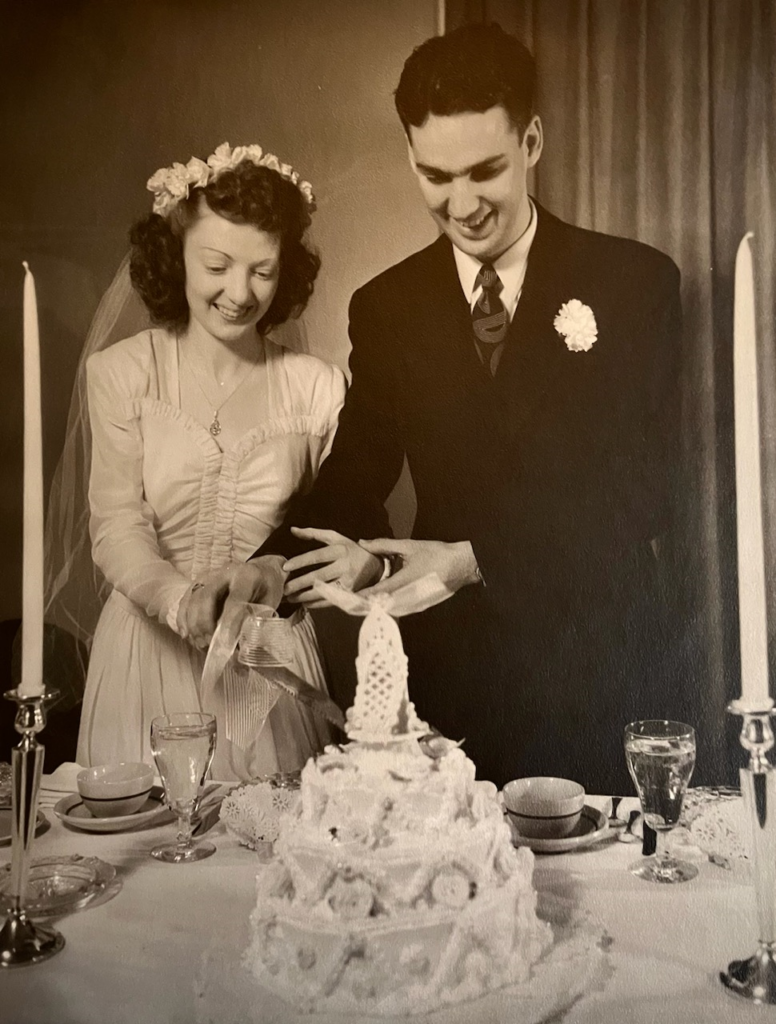
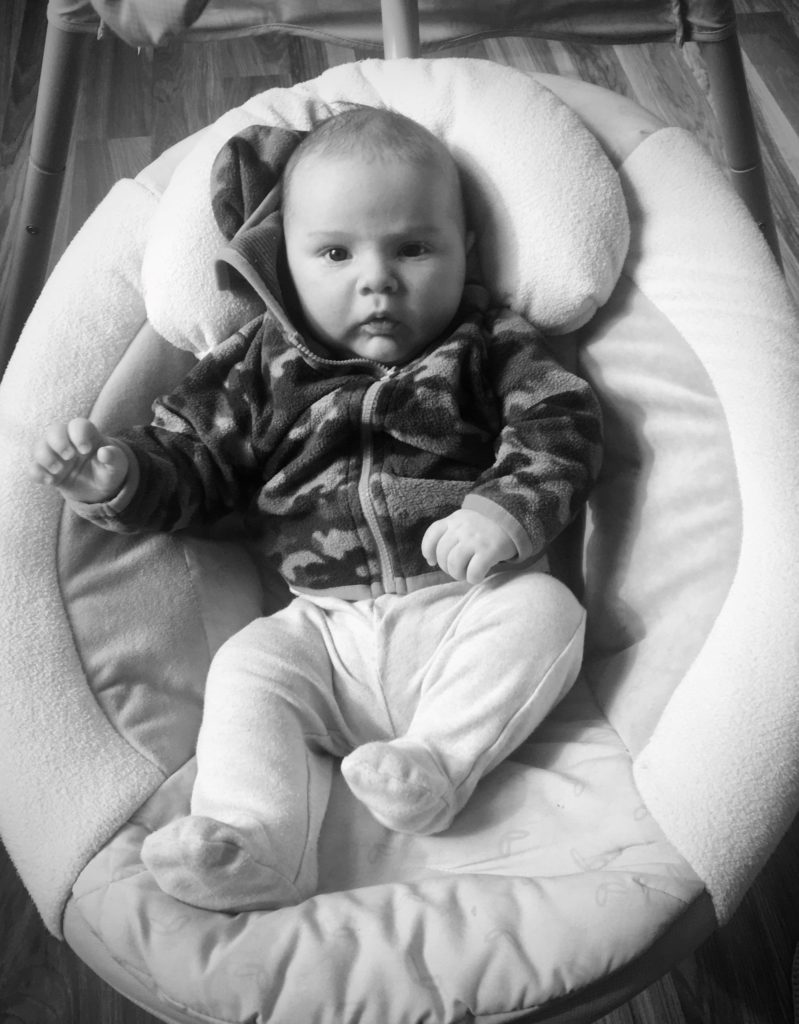
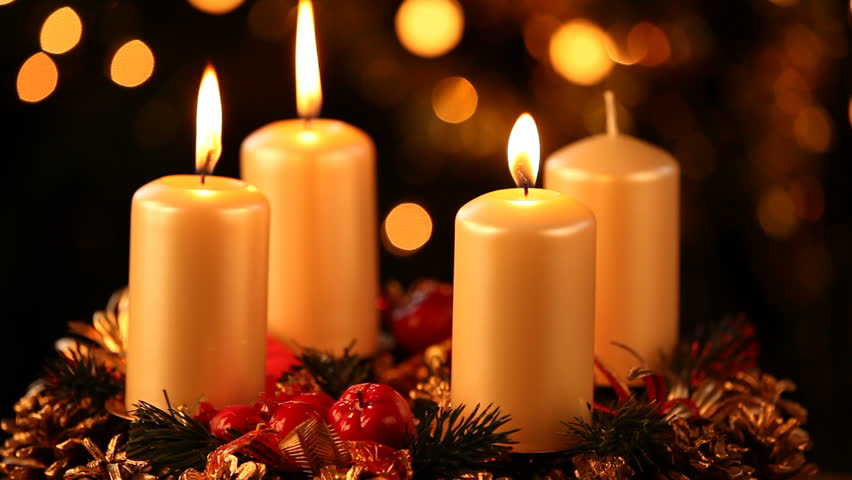
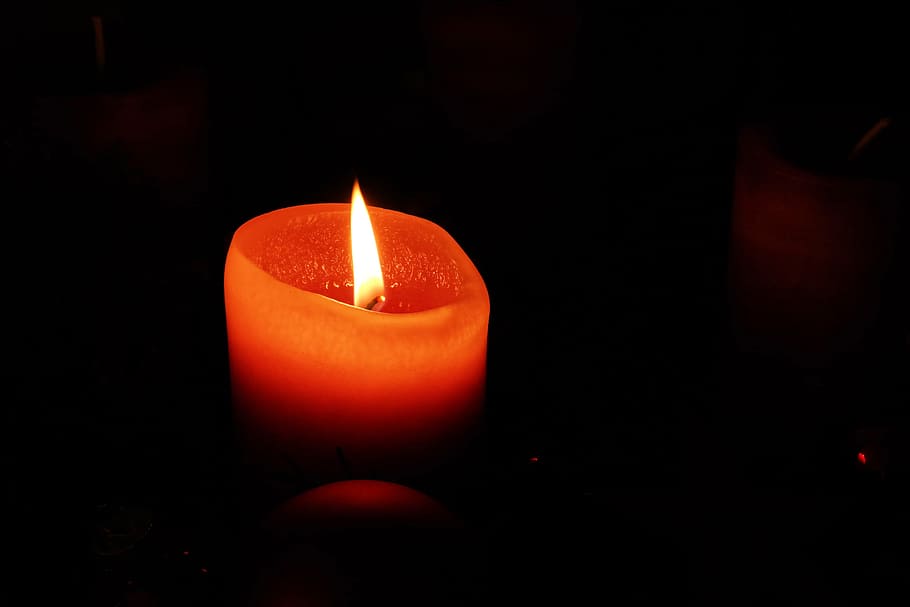
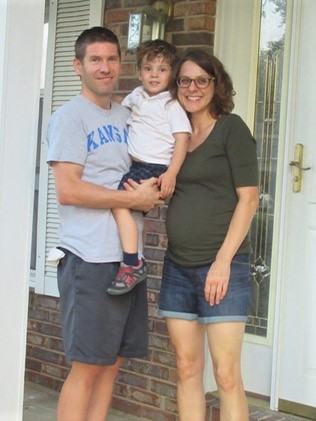
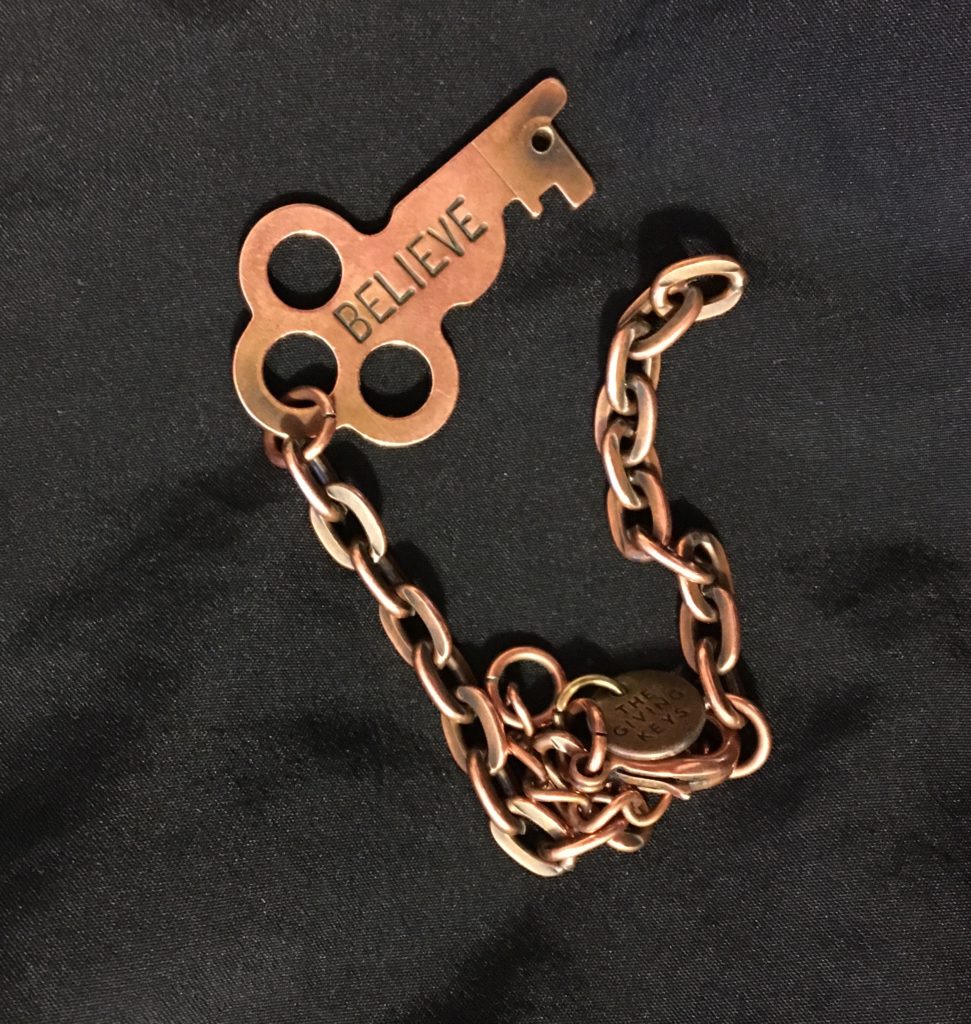

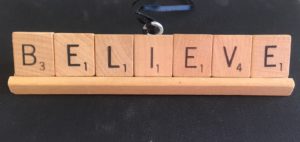 One year ago on Christmas Eve, I was holding my three-year-old niece in church as we sang “Silent Night.” My heart was as frozen as the sheet of ice outside. I was feeling much more “bleak midwinter” than “all is calm, all is bright.”
One year ago on Christmas Eve, I was holding my three-year-old niece in church as we sang “Silent Night.” My heart was as frozen as the sheet of ice outside. I was feeling much more “bleak midwinter” than “all is calm, all is bright.”